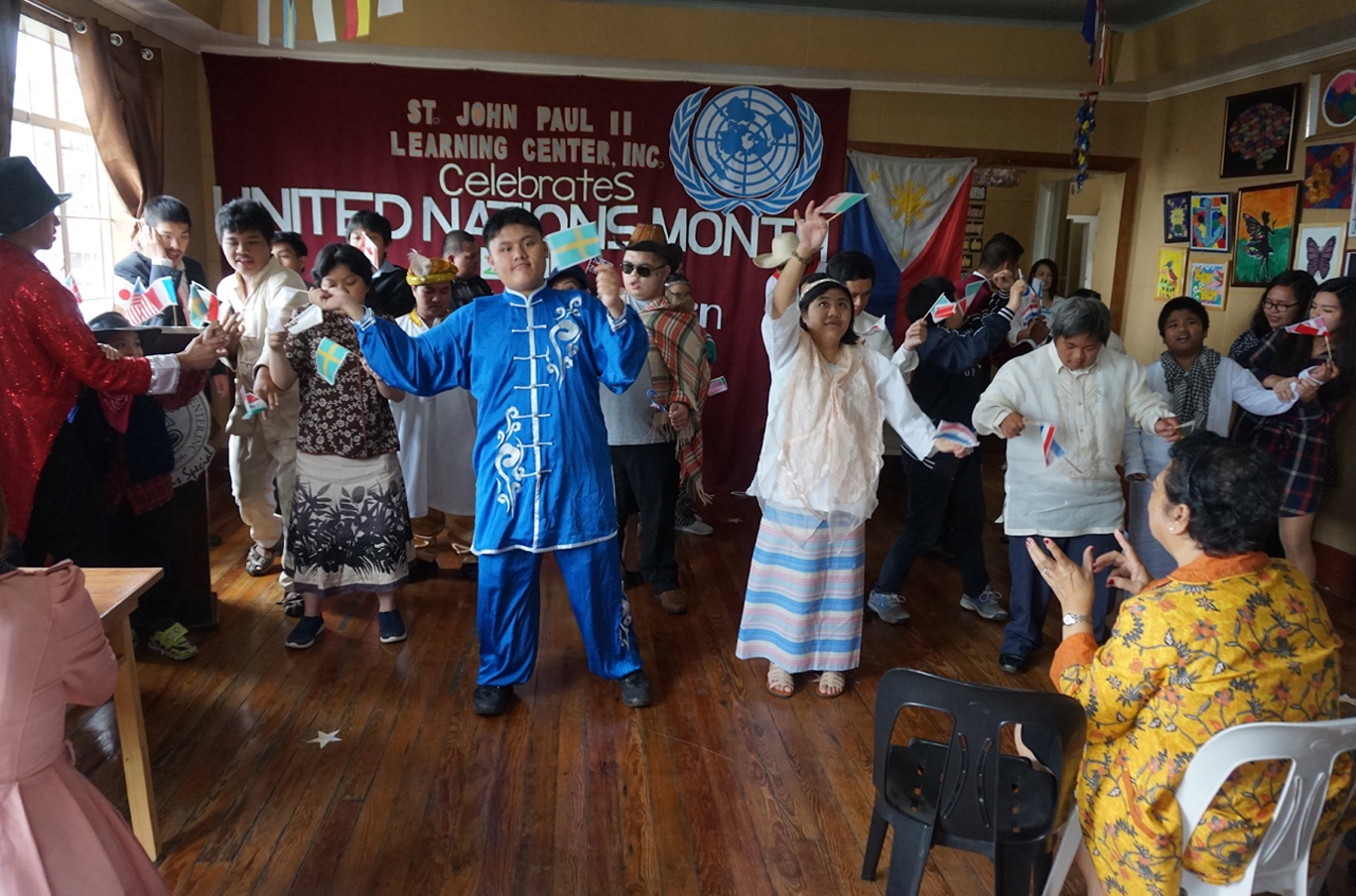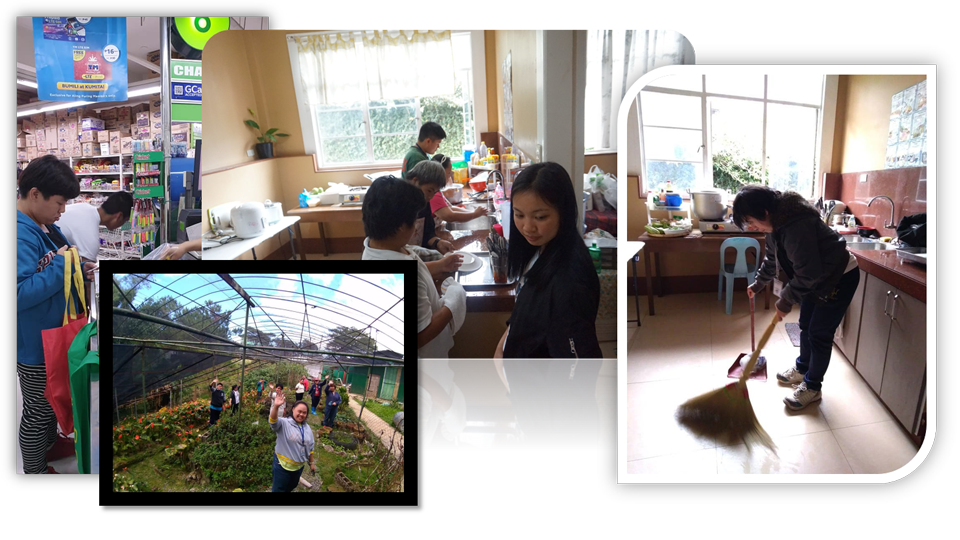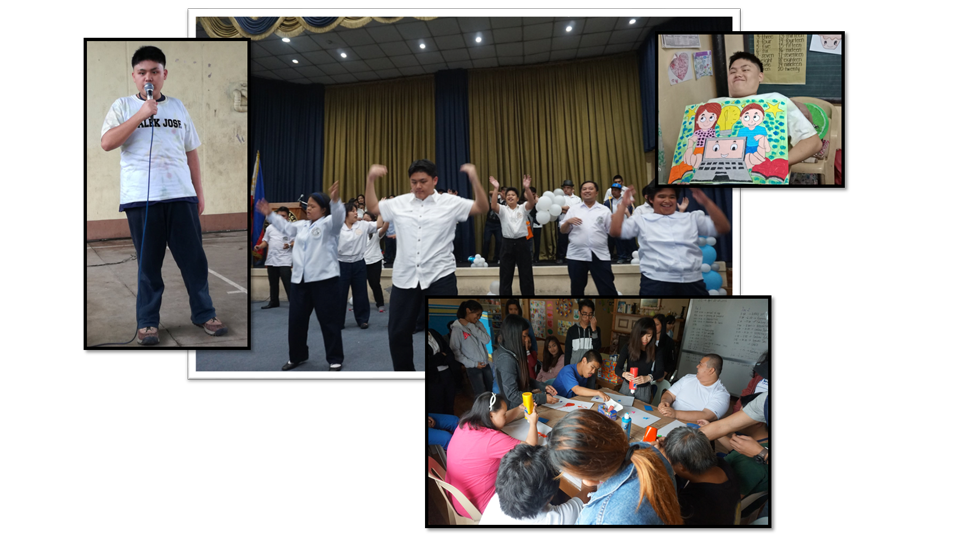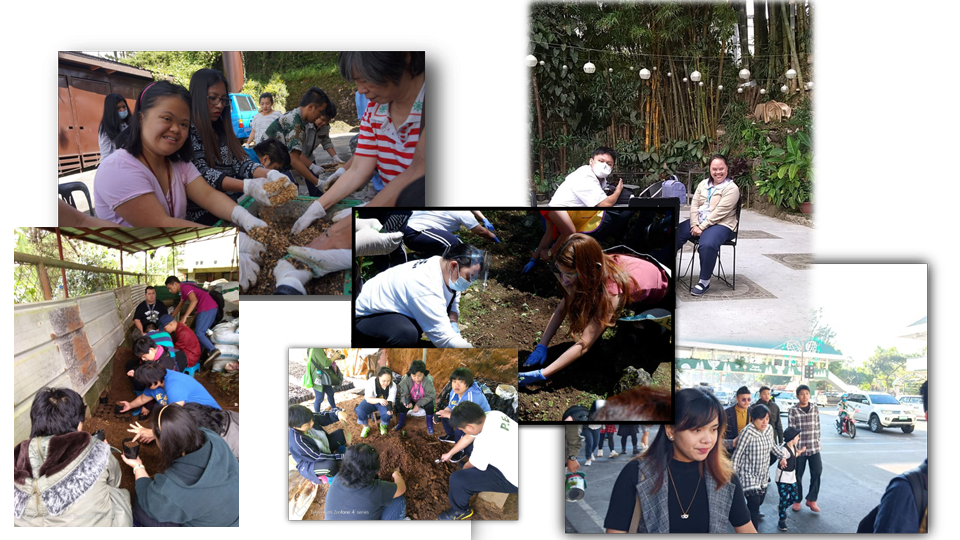Skills and abilities that are conceptual in nature. Abilities measured include perceptual discrimination, memory, and reasoning. Tasks include comparison among objects based on physical features (color, shape, size) and properties (weight); sequencing events; putting together parts of a whole; grouping and sorting similar objects and identifying similarities and differences among objects based on common characteristics.
Includes two subdomains: Mathematical/General Concepts (colors, counting, money concepts), and Literacy.
Understanding and using language to communicate for various purposes is key in child development. Behaviors measured include a child’s reception and expression of information, thoughts, and ideas through verbal and nonverbal means.

Gross motor development (large muscle movement and control) and fine motor development (hand and finger skills; and hand-eye coordination). Behaviors measured include muscle control, body coordination, locomotion, fine muscle, and perceptual motor.
Includes two subdomains: Fine-Motor Skills and Gross-Motor Skills. Fine-Motor Skills includes two composites: Drawing/Visual Motor and Writing skills. Gross-Motor Skills includes two composites: Nonlocomotor and Locomotor skills.
Understanding and using language to communicate for various purposes is key in child development. Behaviors measured include a child’s reception and expression of information, thoughts, and ideas through verbal and nonverbal means.

Self-help skills and task-related skills: Self-help skills are those behaviors that enable the child to become increasingly more independent in daily living skills such as feeding, dressing, and personal toileting needs. Task-related skills involve the child’s ability to pay attention to specific stimuli for increasingly longer periods of time, to assume personal responsibility for his or her actions, and to initiate purposeful activity and follow through appropriately to completion. Behaviors measured include attention, eating, dressing, personal responsibility, and toileting.
Includes two subdomains: Self-help and Prevocational.
Those abilities and characteristics that facilitate children engaging in positive and meaningful social interactions. The behaviors measured include adult interaction, expression of feelings/affect, self-concept, peer interaction, coping, and social role.
Includes two subdomains: Play Skills and Behaviors and Engagement and Initiative skills.


It increases a person’s independence and ability to function through participation in creative arts, dance, music and vision. It is a holistic approach to wellness.
Includes:
Creative Arts – It develops social skills and self-awareness and to manage behavior and emotional conflicts. It elicits the child’s inherent capacity for art making to enhance their physical, mental, and emotional well-being.
Music – It includes verbal requests, conversational exchanges, singing, matching rhythms and patterns, turn-taking, and fine motor manipulation of musical instruments.
Dance - Dance and creative movement provide physical challenges in a structured, supportive environment for sensory integration.
Vision - A complex process that coordinates muscles, cognition and perception. Vision exercises include mazes, sorting, matching, logic games, reading comprehension exercises, optical illusions and brain teaser games and other activities that challenge a person to understand and follow what they are seeing.
Designed to “teach work” to special education students. Program activities take place in the community – at work sites and other locations – with the goal of helping students acquire the adaptive skills to secure and maintain employment after they leave school.
The Work Apprenticeship Program (WAP) where students will be in the field of wok, allows them to learn how to behave appropriately in public, follow directions, and more. As they progress, students fine-tune their work abilities, determine job preferences, and learn to work with growing independence.
Includes Special Program for Employment of Students (SPES) supported by the Baguio City Hall, is a bridging mechanism that enables student-beneficiaries to gain skills and workplace experience.
